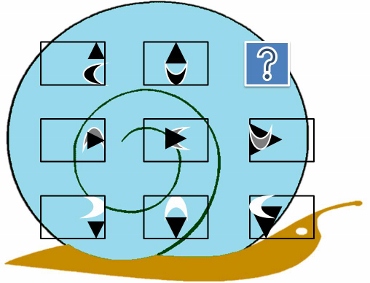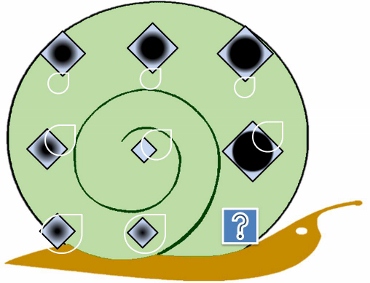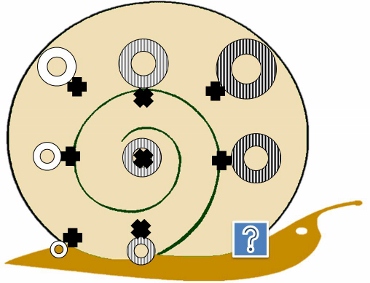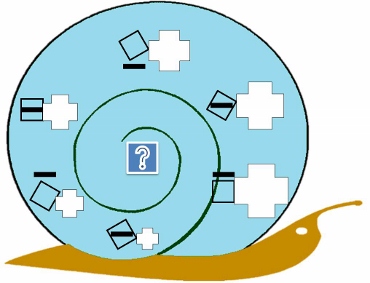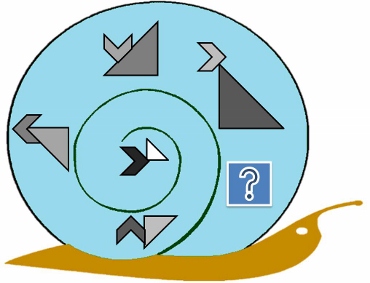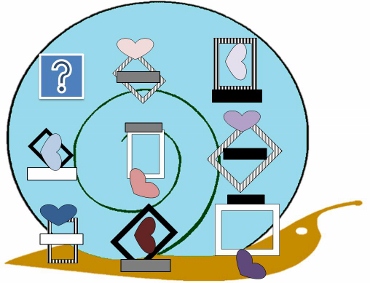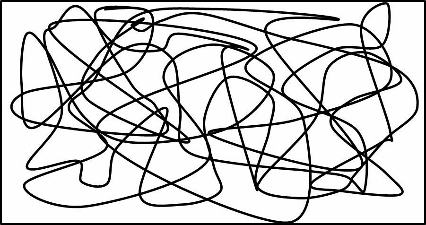 Aptitude Test for DevOps Infrastructure Engineer
Aptitude Test for DevOps Infrastructure Engineer
Our system also generates PDF files for ease of use.

 Summary
Summary
 Skills
Skills
 Tests
Tests
 Personality
Personality
DevOps Infrastructure Engineer
DevOps Infrastructure Engineer



DevOps Infrastructure Engineer
DevOps Infrastructure Engineer
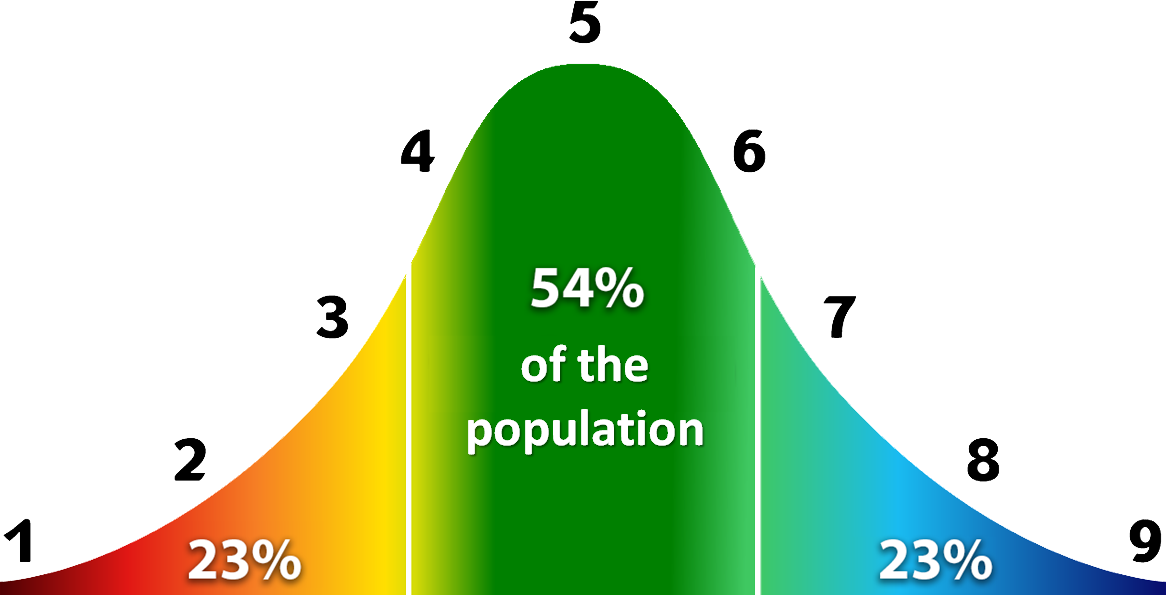
The [9] Scale: Represents the percentile of population that will reach or surpass this grade.
This implies the majority of the population will score 4, 5 or 6 and only a fraction will score 9 or 1.
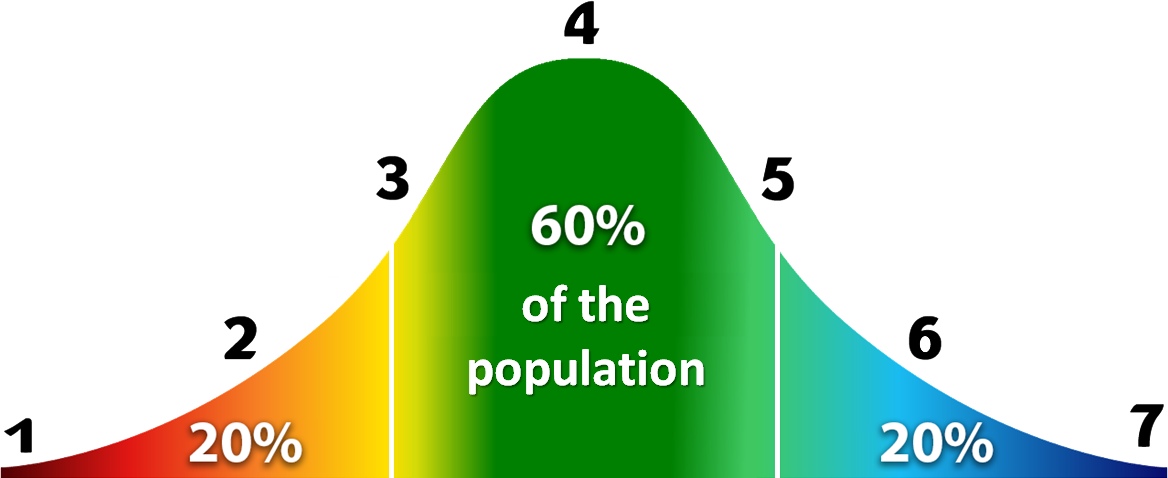
The [7] Scale: Represents the percentile of population that will reach or surpass this grade.
This implies the majority of the population will score 3, 4 or 5 and only a fraction will score 7 or 1.
The Personality Report is based on research conducted by Logipass that observed how a person ranks himself, his views and the way others rate him.
The scores range from "very high" to "very low" and are statistically relative, i.e. "very high" is relatively high in comparison to the population and in other words reflects the fact that the majority of people rank lower in a specific metric.




Received a coupon and don't know how to apply it? Call us at +972778001290 or by email to: info@logipass.net and we will be glad to guide you.
You can remove tests to your liking, but its highly recommended to take them all.
Applicant's general mental ability; an indication of his / her ability to learn; take in information, process it and use it; learn new skills and cope with intellectual challenges.
The ability to draw tangible conclusions from abstract ideas.
Tests knowledge of the English language on two levels: vocabulary, from basic words to an advanced level; and general understanding of meaning.
The ability to deal with different types of visual stimuli, to accurately perceive visual shapes and follow their positions, which changes in space. This ability is relevant, for example, to positions that require creating and understanding charts, drawings, maps, plans, etc. The understanding of how these visual representations are reflected in reality.
The ability to recognize forms hidden within a complex figure structure, while ignoring non-relevant stimuli. It is correlated with creative thinking, flexibility, originality, ability to develop new ideas and improvisation.
General computational ability, accuracy and speed in arithmetic, numerical approximation and mathematical reasoning and logic.
The ability to quickly and efficiently perform simple, repetitive and monotonous tasks, ones that demand attention, concentration, awareness to details and precision.
The ability to remember data one encounters on a daily basis, and integrate it into former memories, in order to use it at a later time to accomplish goals and complete tasks. The memorized material is meaningful and context dependant.
The ability to deal with verbal content problems successfully; the ability to analyze and understand complex verbal information.
The extent of knowledge learned throughout life in various fields, reflecting the potential for future learning.
The ability to analyze data of different types and draw practical conclusions from it.
Information and additional options:
The shortened version of the exam evaluates 17 fundamental personality traits with the help of 15 exercises, in which you will be required to rate traits and different scenarios.
This is a short and simple exam.

